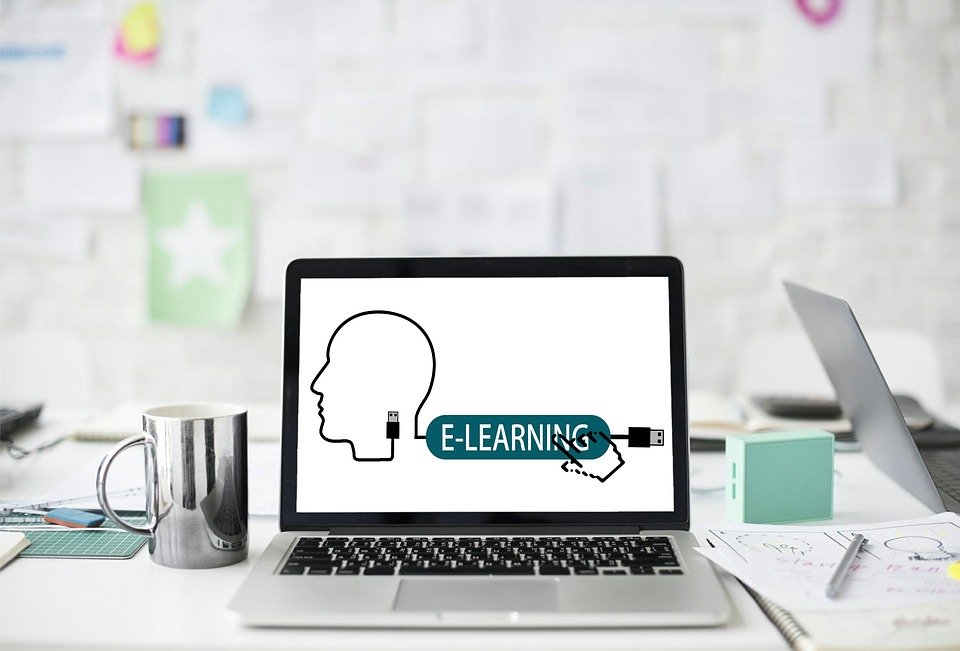By: Isaac Sims-Foster
“How are you dealing with online class?”
This seems to be the question every college-age conversation starts with these days. We’re all surely calling and Facetiming and Zooming with our friends across the country and the world, and always we wonder: How’s school going?

My answer? I haven’t quite nailed my script for the question; I’m still in a phase where my answer is different every time. Some days, online class isn’t that bad. Without having to travel to campus, more free time makes it easier to balance productivity and leisure on these long quarantine days. I feel like social pressures look very different in an online classroom, where I’m much less concerned about disrupting class when I need to check my phone, use the restroom, or speak to someone. With more control over how I’m perceived, concerns about belonging and fitting in, or satisfying someone’s expectations, are relieved. This includes pressure from systemic racism and homophobia that I would usually encounter daily. I’m overall more comfortable at school in my own room, and I wonder if this is what it feels like to learn in a classroom meant for you.
Other days, online class feels like it’s shattering my relationship with higher education. On the personal side, finding motivation and energy to stay attentive, ask questions, and keep up with assignments is already difficult enough as a young adult, as there’s so much else on your plate even under normal circumstances. In these traumatic times, it’s a disjointing and uncomfortable experience to be house/job hunting and spending hours on the phone with landlords, employers, and insurance agents, all the while knowing you have readings and papers due and still worrying for family and friends. Watching the news stories fly by, I realize that among this virus’ victims is the facade of the American Dream. Working-class hopes of a livable wage and a flat in a new city after graduating school are crushed under the pandemic and its ability to expose the most fatal flaws in our society, from disproportionate impacts on the Black community, to the atrocious practices of the prison-industrial complex. Absorbing it all day after day leaves me faithless, wondering how to sit down for another chapter of communication theory.
As a student of communication, I wonder what toll the pandemic will have on our relationship to technology. I’m noticing that social interaction and face-to-face contact was a large and important part of my personal learning process, and in online chat rooms the process feels much less inviting and invigorating. This transition has felt like an abrupt switch from school being the most pressing thing on my mind to school slipping through the cracks of my to-do lists and quarantine chores. Maybe teachers with strict attendance policies are onto something after all– learning feels much harder without the presence and support of others, teachers or classmates.
One thing is clear: online class is not business as usual. Puget Sound is proud of it’s intimate classroom sizes and ratio of professors to students. It’s proud of its hyperactive clubs and community involvement and connections. Remote classes remove these selling attributes entirely and call into question the satisfaction, and thus the price tag, of my education. Furthermore, it’s difficult to look inward at our Puget Sound community and dissect the ways this pandemic is affecting us while looking outward and wondering what can be done to help other students, families, and the groups most vulnerable. I stand in solidarity with all you other students who are experiencing your own privileges and penalties due to online classes. How is this transition uplifting and/or limiting you? How do you keep on learning?


